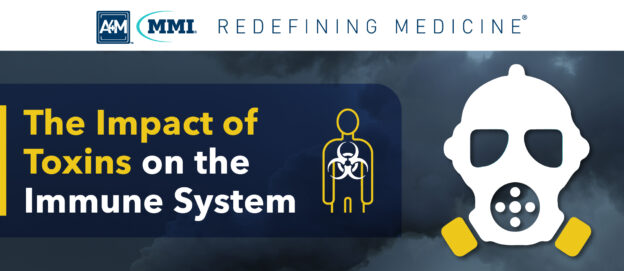By: Andrew Heyman, MD, MHSA
It is difficult, if not dangerous, to predict the future. But trends and good data can point the way toward possibilities and probabilities. There is momentum building in our understanding of Chronic Inflammatory Response Syndrome (CIRS), and the science has grown exponentially in the past 18 months thanks to transcriptomics. This new knowledge is sweeping our efforts forward in a more defined direction while we hone our understanding of the disease. The future is coming into focus.
There are also larger moving parts within the general CIRS practitioner community and even external social and market forces that seem to be creating a set of likely outcomes that are both exciting and important.



